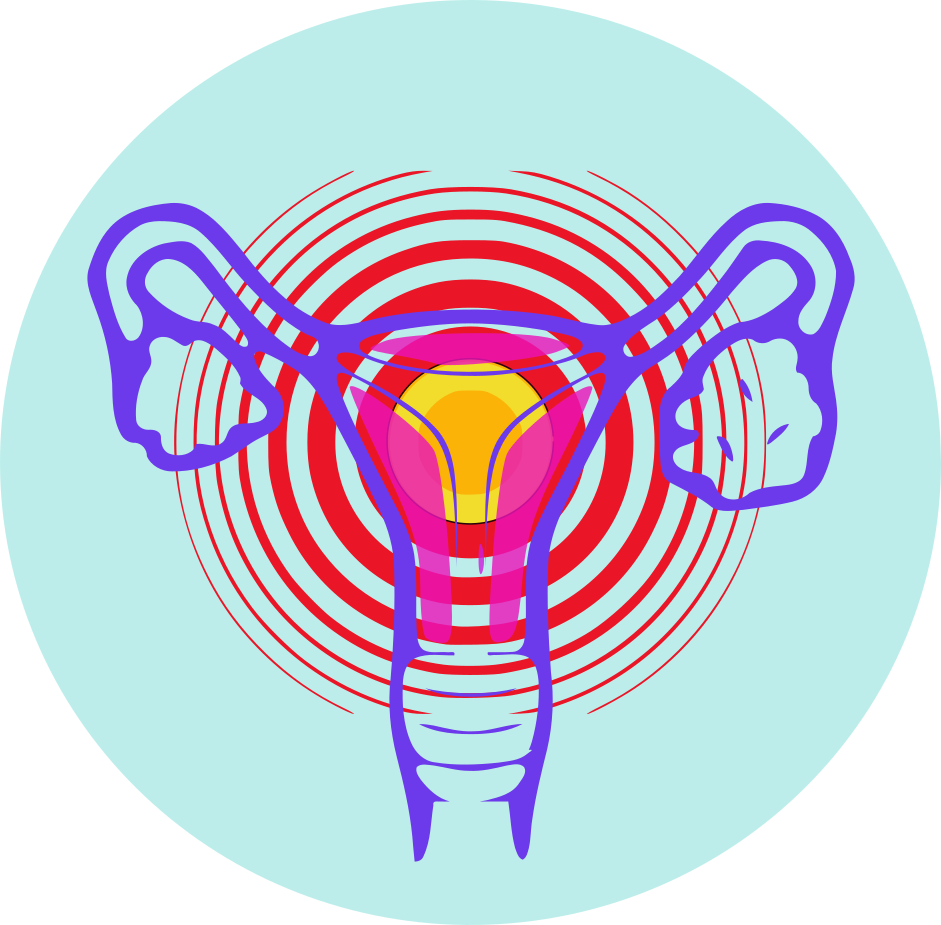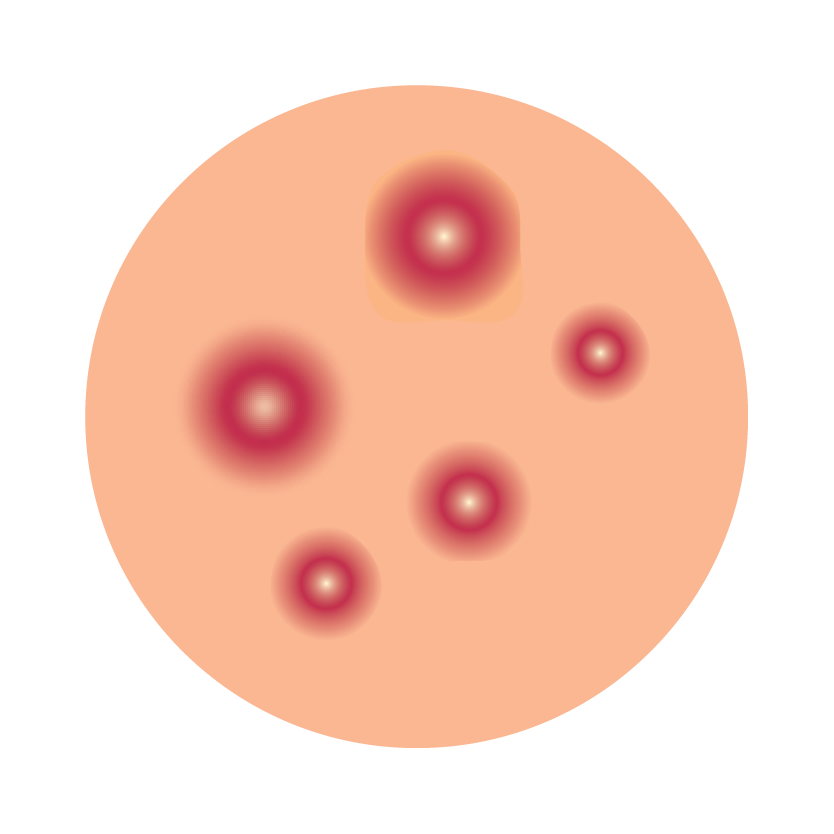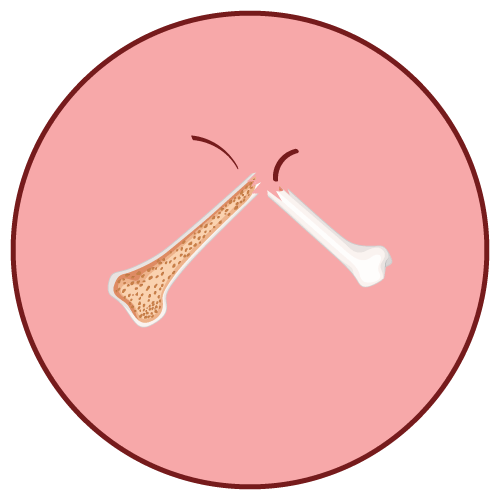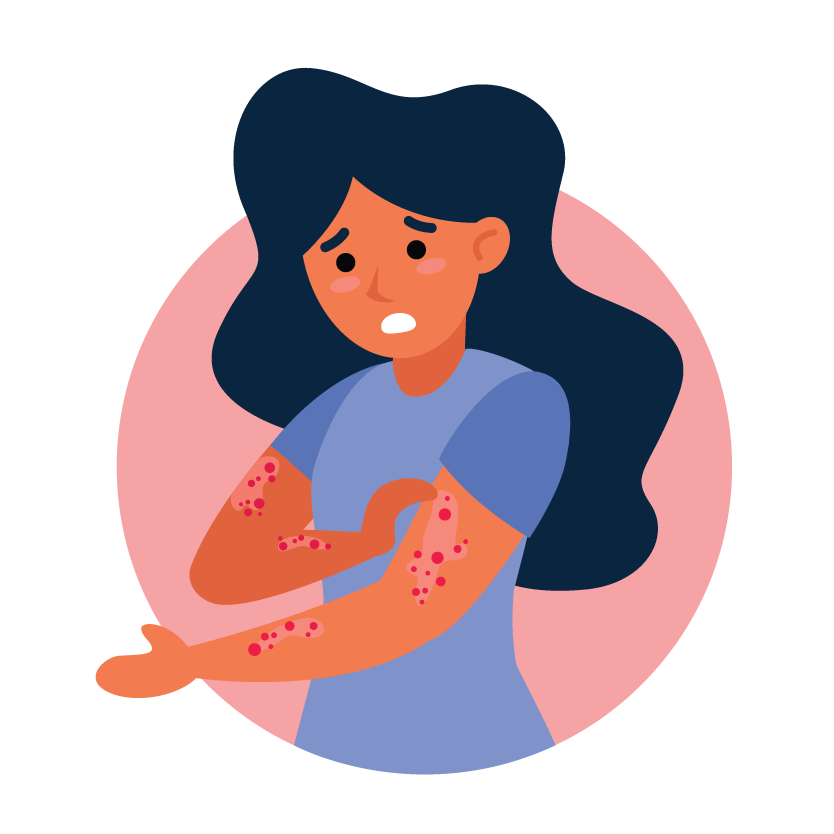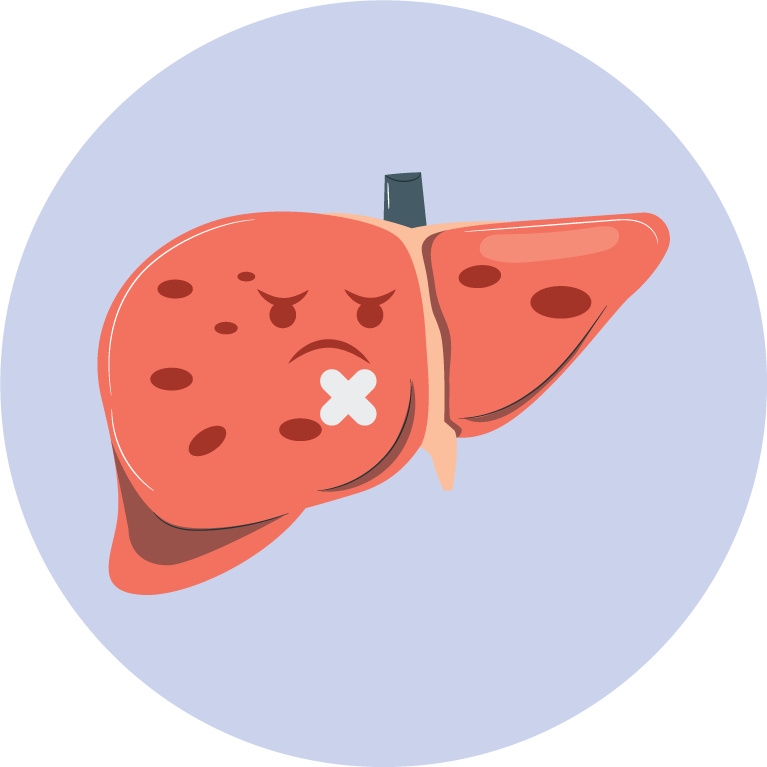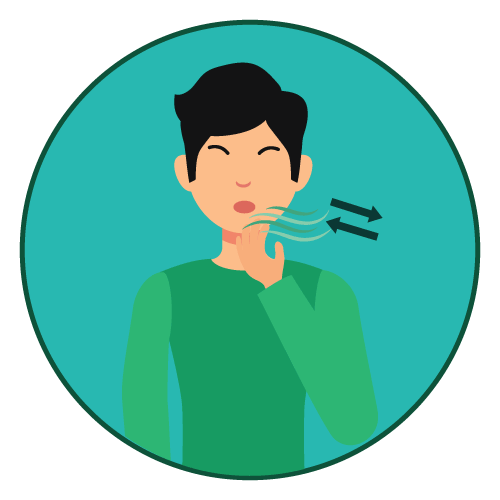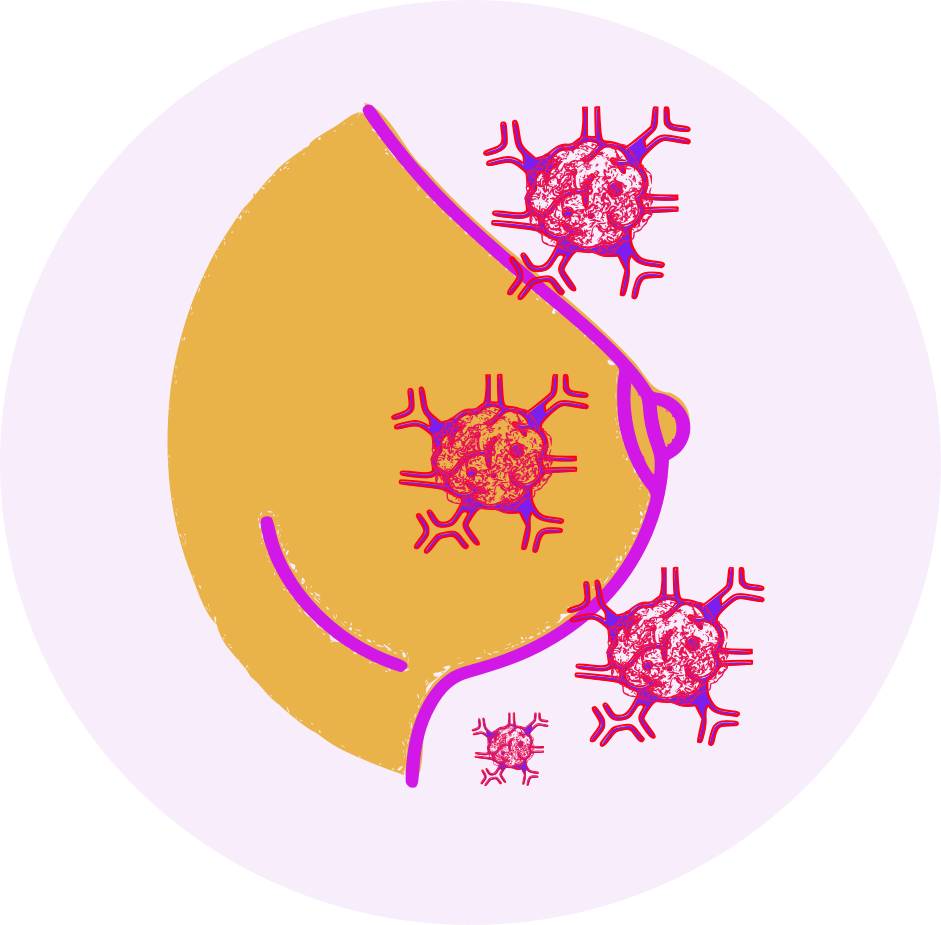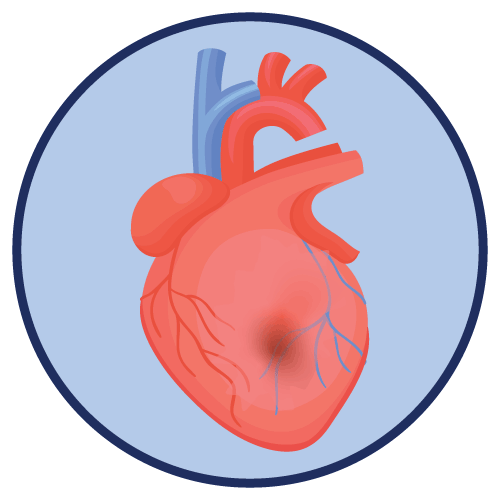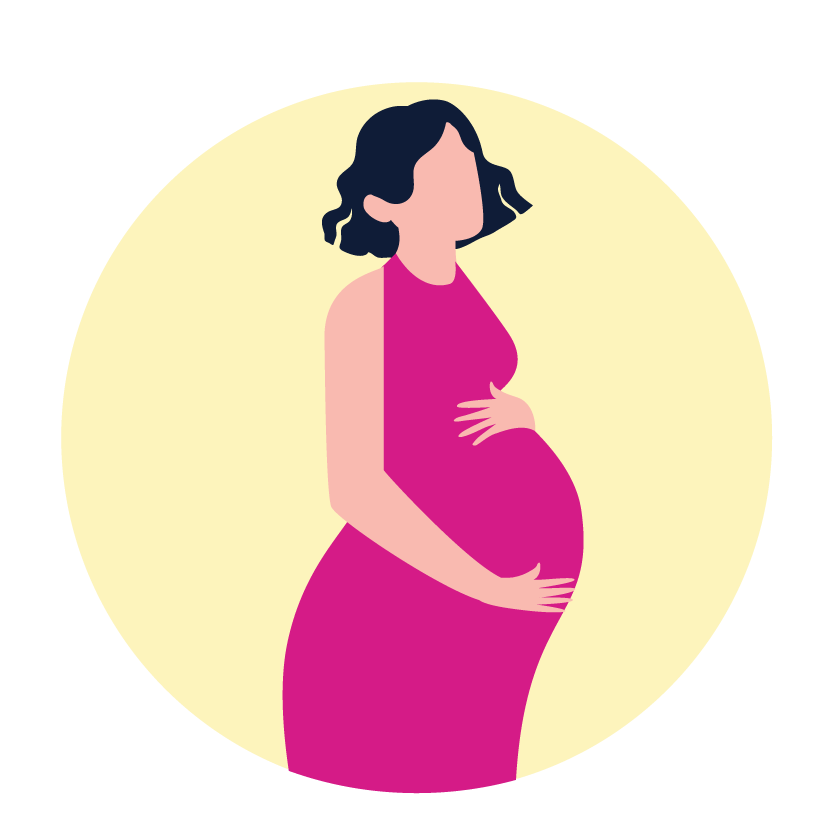| Name | Ethinylestradiol |
| Classes |
Hormonal Agent Sex Hormone Steroid |
| Diseases |
Birth Control Hormonal Disorder |
Ethinylestradiol
Ethinyl estradiol is an estradiol analogue which works as an estrogen in the body. Ethinyl estradiol is converted to estradiol which binds to the estrogen receptor. Ethinyl estradiol suppresses ovulation and prevents endometrial changes that facilitates implantation. It also thickens the mucus present in the uterus that prevents sperm fertilizing the ovum.
Ethinyl estradiol is used in combination with other drugs for-
- contraceptive
- premenstrual dysphoric disorder
- moderate acne
- moderate to severe vasomotor symptoms of menopause
- prevention of postmenopausal osteoporosis
The usual adult dose is for post menopausal symptoms is 20 to 50 mcg orally once a day from day 5 to day 25 of each cycle. Ethinyl estradiol is not prescribed as a single agent. Follow your physician's advice.
Ethinyl estradiol can cause the following side effects-
- Rash
- Liver problems
- Shortness of breath
- Nausea
- Hypertension
- Breast pain
- Headache
- Weight gain
- Vaginal bleeding
- Thrombosis
- Use estrogens with or without progestin for the shortest amount of time and at the lowest effective dose.
- There may be an increased risk of breast cancer.
- Maintain regular breast exams and gynecology check-ups. You will also need to perform breast self-exams as instructed.
- This medication may increase the risk of blood clots, strokes, or heart attacks. Consult with your doctor.
- Consult your doctor if you will need to be still for extended periods of time, such as during long trips, bedrest after surgery, or illness. Long periods of inactivity may increase your risk of developing blood clots.
- Drugs such as ethinyl estradiol have been linked to high blood pressure. Check your blood pressure as directed by your doctor.
Contraindication
ethinyl estradiol is contraindicated in patients hypersensitive to ethinyl estradiol or any component of the formulation.
None known.
Ethinyl estradiol is contraindicated in-
- Undiagnosed abnormal genital bleeding.
- Known, suspected or history of cancer of the breast except in appropriately selected patients being treated for metastatic disease.
- Known or suspected estrogen-dependent neoplasia.
- Active deep vein thrombosis, pulmonary embolism or history of these conditions.
- Active or recent (e.g., within the past year) arterial thromboembolic disease (e.g., stroke, myocardial infarction).
- Liver dysfunction or disease.
- Known or suspected pregnancy.
 Bangla
Bangla English
English
